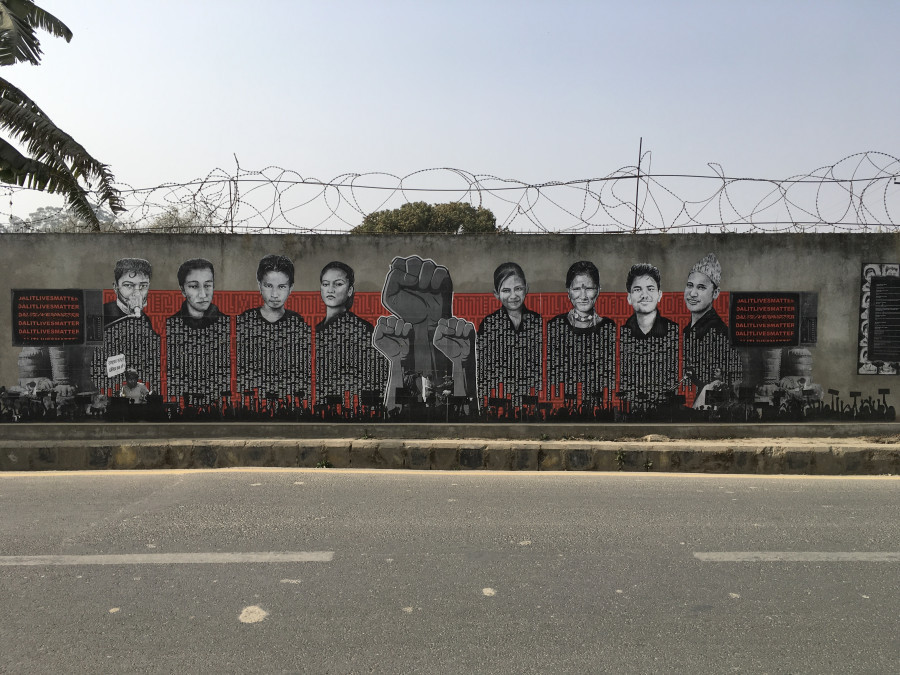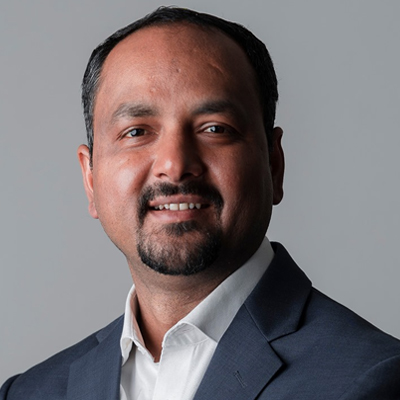Columns
Social justice moving backwards
The leaders of the political parties are the biggest obstacles to achieving social justice.
Pradip Pariyar
From a social justice perspective, our society is becoming regressive. The World Economic Forum recently published its Global Gender Gap report which predicts that it will take another 100 years to achieve equality between men and women. But how much longer will it take to achieve parity between Dalits and non-Dalits in Nepal and South Asia? Another 100 years? Or 200? Or even longer?
From the perspective of the mothers of Navaraj BK and his friends who were killed in the Rukum incident in 2020, social justice in Nepal has died. The situation is no different when seen from the eyes of the mothers of Angira Pasi, Sundar Harijan and Bijaya Ram Chamar. There have been a few changes during this time: Some Dalits have become Members of Parliament or ministers or received other opportunities. The selection of some individuals for government service may be considered a beginning, but it is inadequate. Judged against a vision of the world we seek to build, Nepal has no social justice.
It hasn't been long since elections to all three levels of government were concluded. But the political parties did not appear to take the issue of social justice seriously. For instance, the Nepali Congress did not nominate a single Dalit candidate for the direct elections.
Our constitution addresses social justice and the right to social justice, but the political parties have not been able to translate that spirit into reality. Dalits constitute 13.8 percent of the population of Nepal. There should be at least 37 or 38 Dalit members in the House of Representatives considering their share of the national population, but there are only 16, only one of whom was directly elected. This country belongs to Dalits too, and Dalits have immense love for it. But the Nepali state has failed to belong to Dalits; it has not yet become ours.
Only when each group in Nepal is represented proportionally in the state will it begin to feel that the country belongs equally to everyone.
Deceit through laws
The constitution provides for the proportional representation first of women, then of Dalits. A law has been passed to guarantee 33 percent representation of women. However, in the election laws, the Khas-Arya group has been kept as the first cluster for proportional representation. Constitutional provisions were breached to keep the Khas-Arya group as the first cluster, that too with the largest share. Who needs social justice the most in Nepal now—the Khas-Arya or other groups? This shows how the mindset of the people responsible for creating laws has not changed at all.
Many people now are emboldened enough to say that opportunities created through reservation should be taken away. Yet, 55 percent of all positions in the state are available for open competition. Only 45 percent of the posts have been reserved for women and various other communities. And out of this 45 percent, only 9 percent has been reserved for Dalits, which comes out to only 4.5 percent of the total reservations.
Of course, the so-called Inclusion Commission has published a report suggesting that reservations will not be necessary after 10 years. However, if the present system continues, it will take at least another 100 years before the true ethnic and caste diversity of Nepal is reflected in the state mechanisms. This is to say that the mindset of the people who pass new legislation and implement them requires a fundamental shift.
Another problem is inherent in the Dalit movement. The types of resistance required from the Dalit movement have been absent—and the absence of such effective resistance has created obstacles in the path to inclusion and justice.
There is an attempt to create a new narrative in society: Candidates who get selected through the reservation system are incompetent and weak, and all positions will go to the marginalised and Dalits. These are falsehoods. The main question that must be asked is this: Why is the Khas-Arya group overrepresented in Nepal's state mechanism? Less than 2 percent of the 90,000 personnel in the civil service are Dalits, and an overwhelming majority of them are confined to the lowest rungs. Most other ethnic groups are similarly underrepresented.
Recent elections to the federal Parliament and Provincial Assemblies have not shown any improvement in the state of representation. Why are Khas-Aryas so significantly overrepresented in nearly every state institution? What is the core reason that creates a situation where only they are represented?
Many people argue for meritocracy in this context. I usually say to them: Which group has been responsible for making Nepal one of the poorest and worst governed countries in the world? The rulers of this state. Dalits have never been the rulers of this state. The ruling class has always been Khas-Arya. The very group responsible for making this state poor and bankrupt now argues for meritocracy.
State discrimination
They question the capacity of Dalits and other oppressed castes. Each individual who enters the state service on a reservation quota does so by demonstrating the minimum qualifications as specified by the state. They will have passed every examination demanded of them. If they are to be appointed to the officer class, they must have graduated from college. We must always be mindful of this fact: Reservations have been created solely because the state actively discriminated against certain groups by creating laws and policies, and as compensation for the injustice resulting from such discrimination. Yet, the reservation available today is grossly inadequate.
Let’s ponder the big issue today. Who are the current prime minister and speaker of the House of Representatives? Who will become the next president? Each question yields the same answer—the name of a Khas-Arya man. Never the name of a Madheshi, Dalit or woman. This clearly demonstrates that the Brahminical and patriarchal leaders of the largest political parties in Nepal remain the biggest obstacles to achieving social justice in Nepal.




 11.12°C Kathmandu
11.12°C Kathmandu















